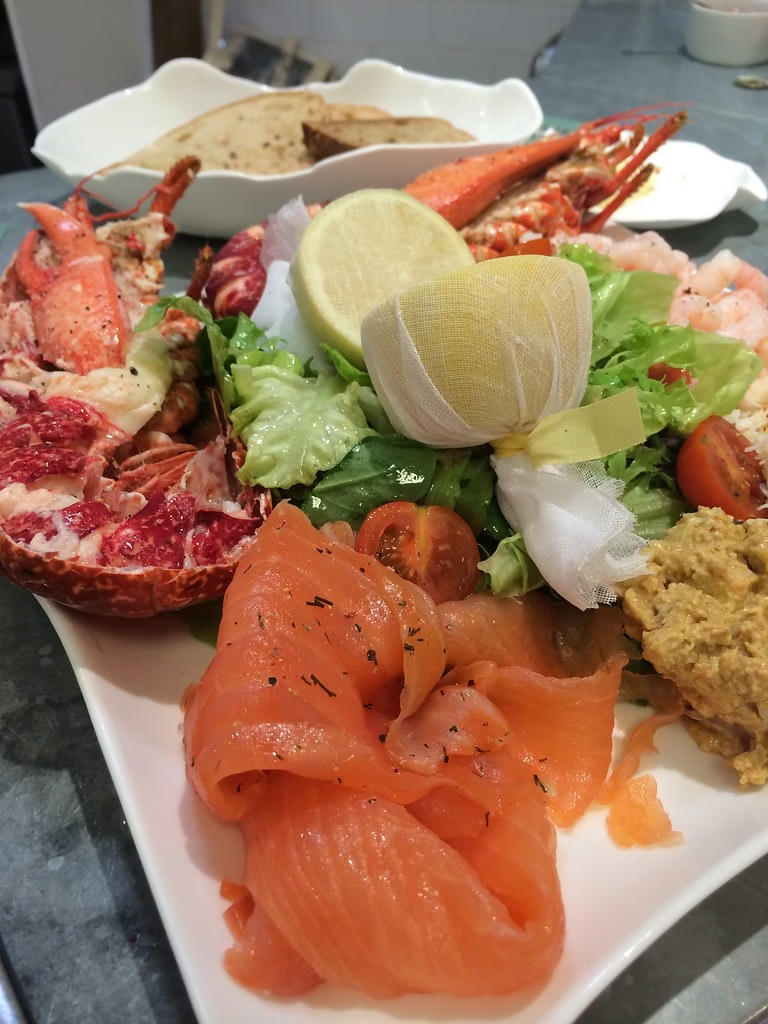Introduction
Did you know that what you eat first thing in the morning can significantly influence your health throughout the day? When we wake up, our bodies are tired and cells are depleted from overnight fasting, making it crucial to choose the right foods! In this article, we’ll delve into the essential foods to avoid on an empty stomach to ensure you kickstart your day on a positive note. You’ll learn which foods can upset your stomach, sabotage your health, and derail your plans for a vibrant life. By the end of this post, you’ll be equipped with the knowledge to make healthier breakfast choices and avoid common morning diet mistakes. Let’s set the stage for an energetic, healthy day by digging into the foods to avoid on an empty stomach.
Table of Contents
Common Foods to Avoid on an Empty Stomach
Now, let’s look at some specific foods that can wreak havoc on your digestive system when consumed on an empty stomach:
1. Citrus Fruits
Citrus fruits are popular for their health benefits; however, consuming them alone on an empty stomach may lead to stomach upset. The acidity can trigger gastrointestinal discomfort. Instead, try combining citrus with a more neutral base, such as yogurt or oats.
2. Spicy Foods
While spicy foods can help with metabolism, they can also irritate the stomach lining if consumed first thing in the morning. For those with sensitive stomachs, it’s best to steer clear of hot peppers, curries, and heavily spiced salsa until later in the day.
3. Sugary Breakfast Cereals
Many people reach for sugary cereals as a quick fix for breakfast. But on an empty stomach? No! The high sugar content causes a rapid spike in insulin, leading to a crash in energy just an hour later. Opt for whole grains or oatmeal with fruit instead!
4. Coffee
Although many of us love our morning cup of coffee, consuming it on an empty stomach can lead to problems, such as increased acidity and digestive distress. To protect your stomach, consider drinking a glass of water first and having a small snack alongside your coffee.
5. Processed Foods
Highly processed foods like pastries or pre-packaged breakfast sandwiches contain preservatives and additives that could irritate the stomach lining. Prioritize whole, natural foods instead to set yourself up for a great day.
The Importance of Choosing the Right Foods
Now that we know what to avoid, let’s explore the importance of making healthy choices for your empty stomach diet. It can greatly affect your day-to-day performance!
Nourishment and Energy Levels
Eating the right foods in the morning primes your body for better metabolism and sustainable energy levels throughout the day. Choosing nutrient-dense foods—rather than empty calories—will keep you alert and focused.
Mood and Mental Clarity
The mind-body connection is real! Eating healthily can have a significant impact on your mental state. Consuming foods that are high in fiber and protein can help stabilize mood and combat morning irritability.
Proper Digestion
When you fuel your body correctly on an empty stomach, your digestive system works harmoniously. Utilizing foods that support healthy digestion, such as whole grains and fruits, ensures your gut is functioning optimally.
Tips for Eating Habits on an Empty Stomach
- Stay Hydrated: Start your day with a glass of water to help rehydrate and wake up your system!
- Balance Your Plate: Include a mix of protein, healthy fats, and fiber for a satisfying meal.
- Listen to Your Body: Pay attention to how your body reacts to different foods on an empty stomach, and adjust accordingly.
- Transition Gradually: If you typically eat sugary or processed foods, consider gradually introducing healthier options to avoid shock to your system.

Interactive Quiz: Are You Eating Right on an Empty Stomach?
Think you know what’s best for an empty stomach? Take our quiz to find out!
- Question 1: What do you typically consume for breakfast?
- A. Sugary cereal
- B. Oatmeal with berries
- C. Coffee only
- D. Spicy tacos
Share your results in the comments below!
FAQs
Avoid citrus fruits, spicy foods, and sugary cereals as they may irritate the stomach.
Oatmeal, whole-grain toast with avocado, or bananas are great choices to boost energy.
Stay away from pastries, sugary breakfast cereals, and processed foods.
An empty stomach may lead to poor food choices driven by hunger and cravings.
Processed foods, coffee, and acidic fruits can cause discomfort.
Focus on whole, nutrient-dense meals and drink water before eating.
Stay clear of fried foods and red meats that can increase cholesterol levels.
Sugary foods, processed snacks, and caffeinated beverages can be detrimental.
High-fat and high-sugar foods can trigger discomfort on an empty stomach.
Yes, processed and sugary foods can lead to breakouts and inflammation.
Whole grains, healthy fats, nuts, and fruits can elevate your mood.
Conclusion
In conclusion, understanding the foods to avoid on an empty stomach is vital for maintaining good health and energy levels throughout the day. By making conscious choices about what fuels your body in the morning, you set yourself up for success. Avoid those harmful options, embrace wholesome foods, and watch your energy soar! If you found this information helpful, feel free to share it with friends or leave a comment below with your thoughts!
Hey there, amazing supporters! We’re on a fantastic journey to make a difference, and we need your help! 🌈✨ Want to be part of something BIG? It’s simple! Just click the link below and show us your support! Every click counts, and together we can achieve incredible things! Let’s make a lasting impact—your involvement matters! 💪❤️
Thank you for believing in our mission! Let’s do this together! 🎉🚀
Unleash your curiosity! Dive into thrilling travel adventures, blockbuster movie insights, cutting-edge health tips, and the latest tech breakthroughs! For the freshest blog posts, visit Wanderers Blog. Don’t miss out—subscribe to our newsletter today!
Tags
- #HealthyEating
- #NutritionAdvice
- #EmptyStomachDiet
- #MorningHealthTips
- #DigestiveHealth
Disclaimer
The information provided in this article is for educational purposes only and should not be considered medical advice. Always consult with a healthcare provider for personalized dietary recommendations.












